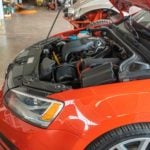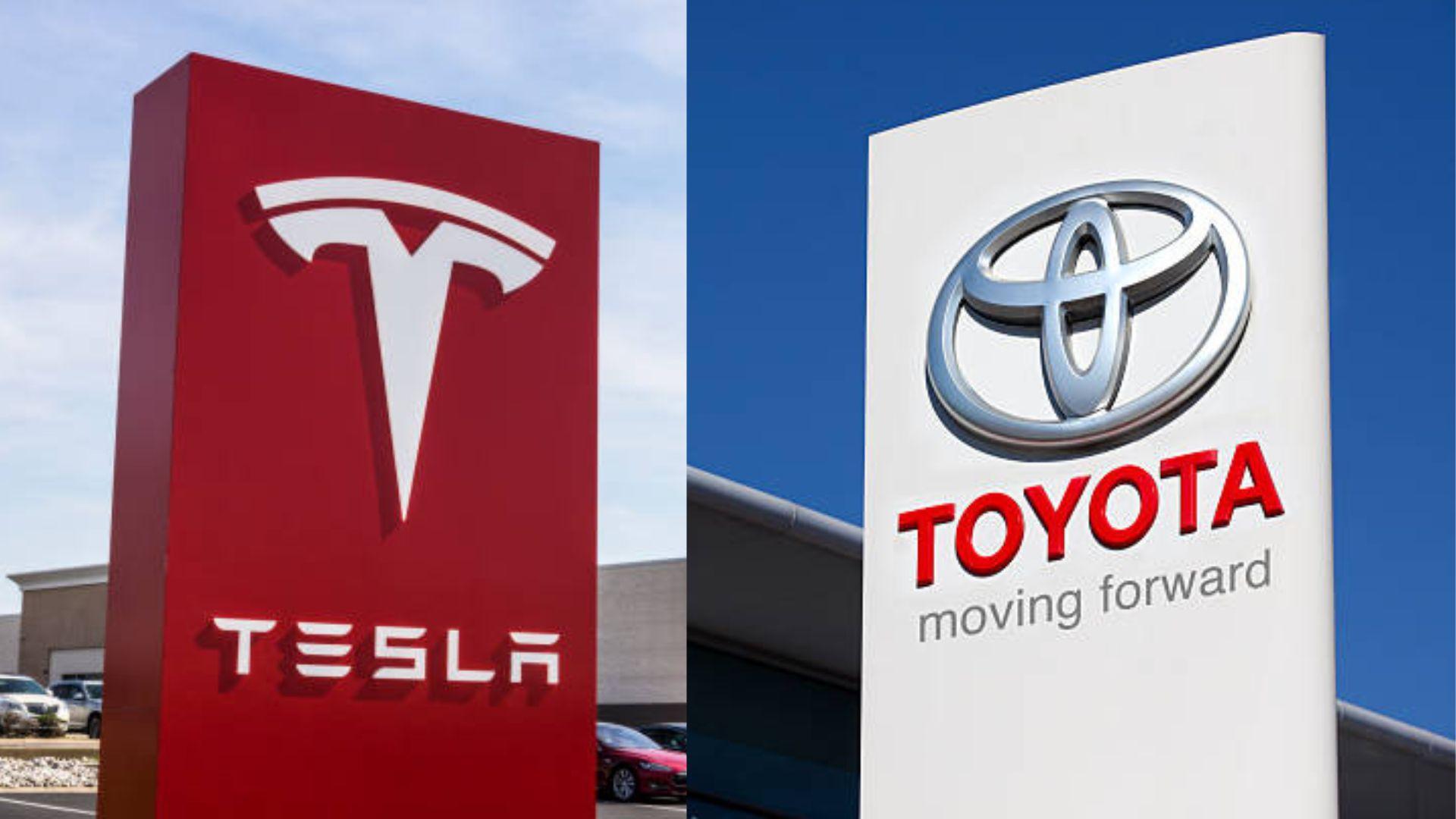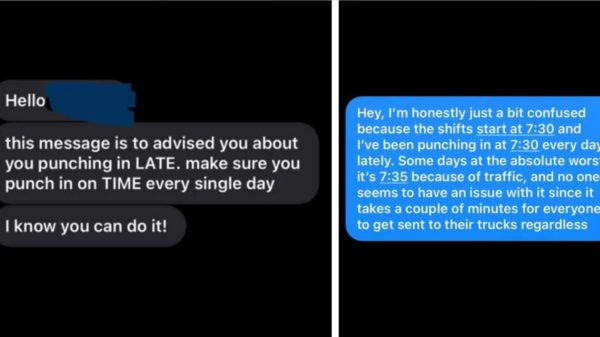Beloved automobile company Toyota recently announced a major change in its manufacturing practices: It will start to use cast unibodies or “gigacasting,” meaning the majority of the body of the car will be made from one large piece of metal.
Essentially, the conventional way to manufacture a vehicle is to build several parts and then assemble them together, and Toyota has been using this method for decades. Toyota reports that their current assembly process requires hours of work and 33 separate steps to put together 86 parts of the vehicle.
Without the need for welding and industrial strength adhesives, gigacasting, the new casting technique will allow the entire body to be made in only three minutes. That means that an entire Toyota vehicle will be able to be made in less than 10 hours, making the company 20% more productive than most of its competitors.
Toyota is not the first company to attempt to change the way the automobile is made; in fact, they got the idea from Tesla. The term “gigacasting” was made popular by the ever-growing car company; however, Tesla has had several problems with this manufacturing method.
Tesla has made headlines for its poor quality control and numerous issues with the frames of its vehicles that were made through gigacasting, but that doesn’t necessarily mean it’s a bad plan, but that Tesla isn’t doing it quite right.
Because Toyota is known around the world for its extremely high-quality vehicles, most experts believe that the company will continue to provide well-made cars, just with a different method of making them.
However, that doesn’t mean there aren’t consequences to think about. Using cast unibodies could reduce the weight and strength of the vehicle, which would lead directly to decreased safety for passengers in an accident. As well as the fact that cars built with this method would be much more challenging to fix, which could be great for Toyota but frustrating for consumers.
Even minor damage could result in needing an entirely new cast for the car, which would be wildly more expensive than just fixing one part. While companies such as Toyota have been trying for years to figure out how to ensure customers continue to buy new cars instead of fixing their old ones, it may deter potential customers if they understand that fixing the car after an accident will cost the same as buying a whole new vehicle.
With these potential negative side effects in mind, Toyota is still going forward with its plan. They have reported that the gigacasting technology will be used on the company’s first mass-produced electric vehicle line, set to be released in 2026. In fact, they’ve stated that the unibody casting will play an important role in their segue toward electric vehicles over the next ten years, and at least 40% of these cars will be made through casting.
Whether or not customers will approve and even enjoy this new tactic is yet to be seen, but everyone is hoping that Toyota can at least do it better than Tesla does.


































































